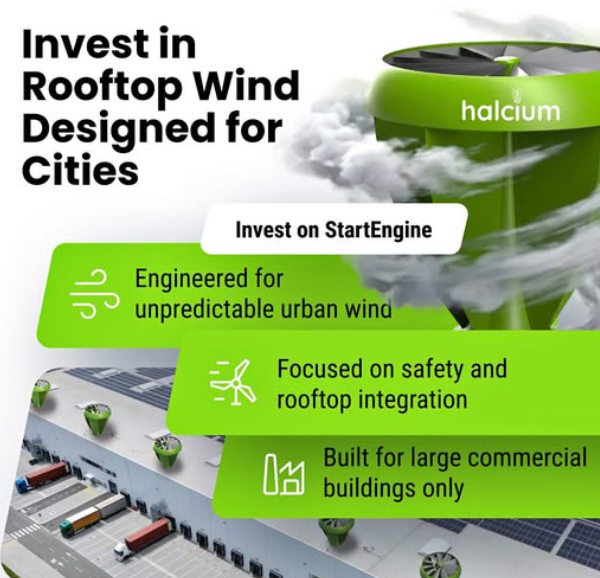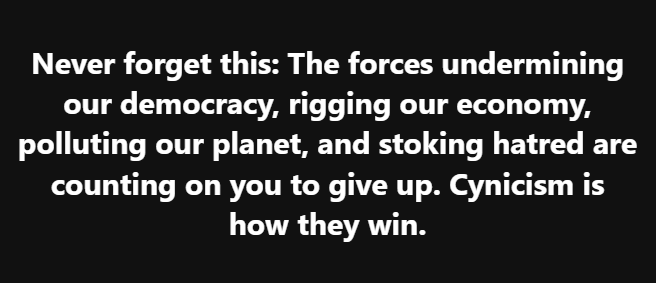
Renewable Energy: An Infinite Resource
Renewable energy is derived from natural, replenishable sources such as sunlight and wind, offering a sustainable alternative to fossil fuels. Unlike coal, oil, and gas, which take millions of years to form and release harmful greenhouse gases when burned, renewable energy sources are abundant and constantly renewed by nature.
The Cost of Clean Energy
Not only does generating renewable energy result in significantly lower emissions, but it’s also now more affordable than ever. In most countries, renewables are less expensive and create three times more jobs compared to their fossil fuel counterparts, marking a pivotal moment in the energy sector.
Solar Energy: Harnessing the Sun’s Power
Solar energy stands as the most abundant resource, capable of being harnessed even on cloudy days. With the Earth receiving about 10,000 times more solar energy than humans consume, solar technologies have seen rapid advancements, including photovoltaic panels and concentrated solar power systems. Despite the varying solar energy endowment among countries, solar power remains a significant contributor to the global energy mix.
Wind Energy: Capturing the Breeze
Wind energy utilizes the kinetic force of air movement through advanced turbines on land or water. With the technical potential for wind energy surpassing global electricity needs, regions around the world are tapping into this resource, especially in remote areas where wind speeds are strongest.
Geothermal Energy: Earth’s Inner Heat
Geothermal energy, sourced from the Earth’s interior heat, is extracted through wells or other methods. Whether from naturally hot and permeable hydrothermal reservoirs or enhanced geothermal systems, this technology has been reliably generating electricity for over a century.

Hydropower: The Flow of Renewable Strength
As the current leading source of renewable energy in the electricity sector, hydropower is generated from the movement of water in reservoirs and rivers. Despite its extensive use and benefits such as water supply and flood control, the impact on ecosystems prompts a push towards smaller-scale hydro solutions, particularly for isolated communities.
Ocean Energy: Riding the Waves of Innovation
Ocean energy technologies, which exploit the kinetic and thermal properties of seawater, are in the nascent stages of development. The potential of ocean energy far exceeds our current energy needs, with various wave and tidal devices undergoing testing.
Bioenergy: Organic Power with a Caution
Bioenergy comes from organic materials like wood and agricultural crops. While primarily used in rural areas for basic needs, modern biomass systems are expanding. Although bioenergy emits fewer greenhouse gases than fossil fuels, its environmental impact must be carefully managed to prevent negative consequences such as deforestation and land-use change.
Stepping Towards a Carbon-Free Future
The transition to renewable energy is not just an environmental imperative but an economic one. With the technology advancing and costs declining, the shift to clean energy sources is our best hope for a sustainable and prosperous future. As global organizations and initiatives continue to advocate for this energy transformation, the path to a carbon-free future becomes clearer.
Renewable Energy
Rooftop Wind
 My doctor, who knows that I understand physics and renewable energy in particular, asked me today what I thought about wind turbines on boats.
My doctor, who knows that I understand physics and renewable energy in particular, asked me today what I thought about wind turbines on boats.
I explained that, since boats need their own ways to generate electricity, what is called “small wind” may make sense. Most ships have diesel-powered generators, and that’s an option for smaller craft as well, and solar is not an attractive option because of the small area.
Doctors generally don’t have time to kill, but he asked me further about small wind, to which I explained:
Because the area of a circle is proportional to the square of the radius, big is better. If you can build a turbine with a radius 100 times larger than a small one, you’re going to generate 10,000 time more power.
Because the power generated by a turbine is proportional to the cube of the wind’s velocity, if you can site a turbine in wind conditions that are 10 times those on your rooftop, with trees and other buildings slowing the wind down, you’re going to generate 1000 times more power.
So, as usual, the answer resides in physics and math. 1000 times 10,000 is 10 million, which is why we see huge turbines on structures that lift huge turbines high above the ground, and it’s why the small wind industry has essentially disappeared.
If you don’t understand elementary school math and high school science, and you have money to burn, the investment offered at left may be right for you.
Renewable Energy
Fox News and its Effects on American Civilization
 It’s interesting that there is no Fox News (or equivalent) in Canada.
It’s interesting that there is no Fox News (or equivalent) in Canada.
The Canadians have protections of free speech that are very similar to ours in the States, and, like the U.S., these rights are not absolute. One difference is that Canada prohibits gross misrepresentation, which, in this case means that presenting opinions and calling it “news” is against the law. Lies are fine; calling them “news” is not.
A possible name for a show with the same content might be “Conservative Viewpoints” or “The Way the Right Wing Sees the World.”
Where Canada protects its people from malicious bullshit, in America we say, “Money talks.”
Renewable Energy
Apathy in the Midst of Treason
 Former Labor Secretary Robert Reich makes an excellent point at left.
Former Labor Secretary Robert Reich makes an excellent point at left.
The constant onslaught of distractions coming out of Trump’s mouth is calculated make us give up striving for truth, honesty, and environmental responsibility.
We mustn’t quit.
-
Greenhouse Gases7 months ago
Guest post: Why China is still building new coal – and when it might stop
-
Climate Change7 months ago
Guest post: Why China is still building new coal – and when it might stop
-

 Greenhouse Gases2 years ago
Greenhouse Gases2 years ago嘉宾来稿:满足中国增长的用电需求 光伏加储能“比新建煤电更实惠”
-
Climate Change2 years ago
Bill Discounting Climate Change in Florida’s Energy Policy Awaits DeSantis’ Approval
-
Climate Change2 years ago
Spanish-language misinformation on renewable energy spreads online, report shows
-

 Climate Change2 years ago
Climate Change2 years ago嘉宾来稿:满足中国增长的用电需求 光伏加储能“比新建煤电更实惠”
-
Climate Change Videos2 years ago
The toxic gas flares fuelling Nigeria’s climate change – BBC News
-

 Carbon Footprint2 years ago
Carbon Footprint2 years agoUS SEC’s Climate Disclosure Rules Spur Renewed Interest in Carbon Credits



